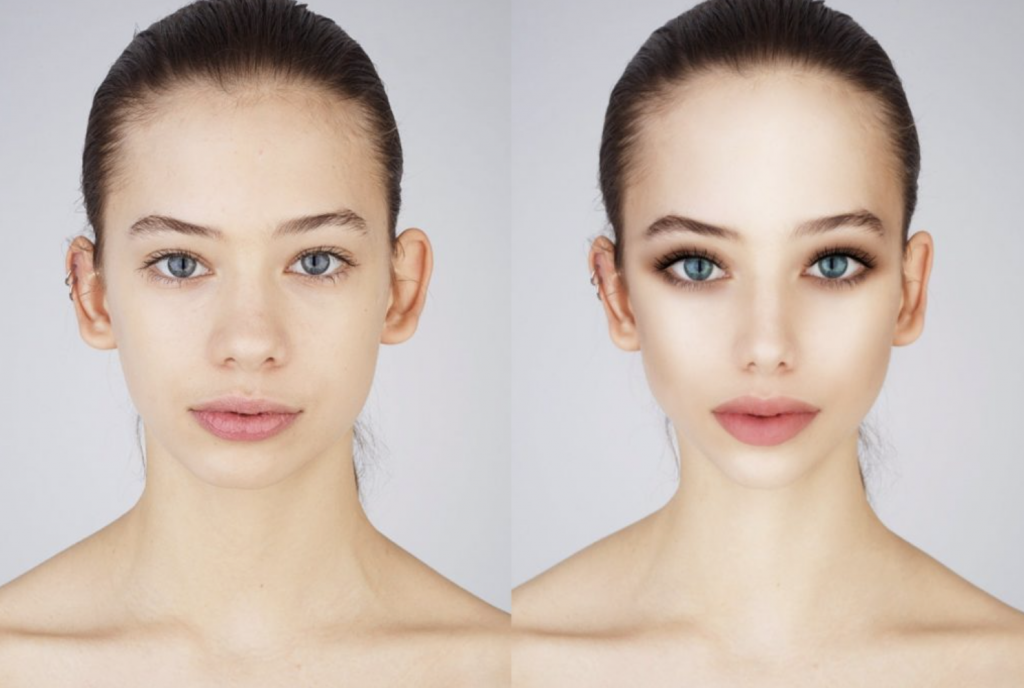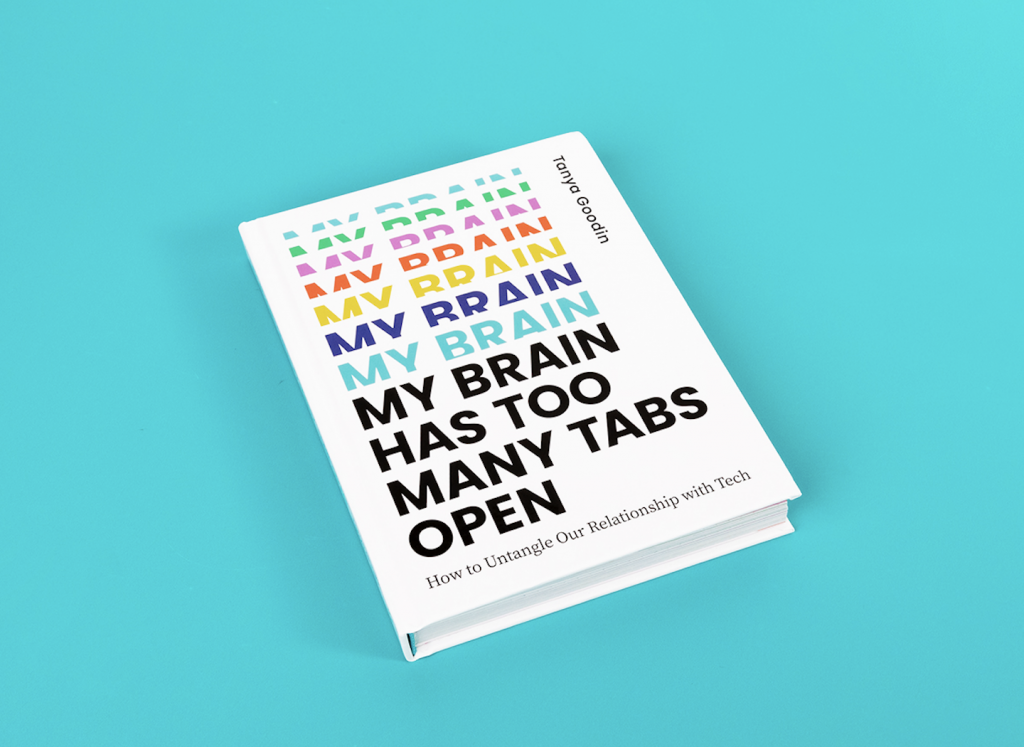Technology is radically changing accepted standards for beauty thanks to filters, retouching and apps which make available the kind of image distortion tools formerly reserved only for art editors on beauty magazines.
As a result the very concept of ‘beauty’, what it is and how to achieve it, has been completely transformed for the 16-22 age group who have grown up surrounded by these tools and watching friends, as well as influencers, make liberal use of them online. It’s having a profound impact on their mental health.
Widespread use of image-distorting tech tools
The most widespread use of sophisticated augmented reality tech (AR) isn’t in the Metaverse or gaming: it’s in the face filters on social media. Filters are common online, though they come in different guises; Snapchat offers a menu of beauty-enhancing filters which users can swipe through; Instagram includes beauty filters with its other AR facial filters, like adding a dog’s ears to your face; TikTok’s filter is part of its ‘Enhance‘ setting, where users can beautify any subject.
It’s not just in social media that image distortion has become widespread. The face-editing app Facetune has been downloaded over 60 million times and even Zoom has a ‘touch up my appearance’ feature that produces a smoother skin tone for video calls.
The extent to which image-distortion tools like these are no longer just the domain of influencers, models or celebrities, but are accepted as part of everyday online life is clear;
- 90% of women use filters to even out skin tone, whiten teeth or reshape their bodies.
- The second most popular wish for 16-22 year olds is to look like their filtered self.
- Only 29% of people would post a picture of themselves on social media without editing it first.
“I don’t think it’s just filtering your actual image. It’s filtering your whole life.”
Claire Pescott, Researcher Mental Health and Teens, University of South Wales
Mental health and body dissatisfaction
In 2019, British fashion photographer Rankin, took portraits of 15 teenagers and asked them to edit the pictures themselves to make them more social-media friendly as part of a project he called Selfie Harm. None of the teens Rankin worked with chose to leave their photos unedited and some of the retouched images the teens produced of their faces are disturbing with an alien-like quality which the teens deemed ‘beautiful’ rather than strange.

Perhaps unsurprisingly, this ability to easily distort and manipulate images of the self is leading to a marked rise in body dissatisfaction and body dysmorphia. According to a 2021 survey of 200 teens aged 13-21, young people who use beauty filters weekly are more likely to want to have cosmetic surgery and to alter their skin colour. In the UK, the NHS has seen an increase by 41% of hospital admissions for anorexia, bulimia and eating disorders amongst young people 17 and under, which many observers link to social media and its distorted body image ideals.
Could clear image labelling be the answer?
In Norway, social media influencers must now label all retouched photos under a new Norwegian law which makes sharing retouched photos without acknowledgment that they have been edited on platforms like TikTok and Instagram illegal. The UK may be following suit. The Digitally Altered Body Images Bill, currently on its second reading, if passed, would require advertisers and publishers to display a logo whenever a person’s face or body has been digitally enhanced.
Living with filters
In a world where filters and retouching tools aren’t going to go away, here are some suggestions for living more healthily with them;
- Reflect on your own filter use – There is nothing wrong with using filters but pause to reflect on how and why you use them – as well as the frequency.
- Reflect on others’ filters. Reflect on the filtered photos of those you follow. Notice when they are being used.
- Use humorous filters. Beauty filters aren’t the only type of filter. Some of the more fun filters (like the dog ears on Instagram) can promote a creative and playful approach to your own appearance, rather than a critical one.
- Post without filters. Posting photos without filters every now and then can boost your self-confidence. Look for inspiration to users who deliberately show themselves without filters under the hashtags #nofilter, #nomakeup or #facepositivity, among others.
- Question beauty ideals. Filters on social media reinforce current beauty ideals. But in real life hardly anyone looks like their filtered images. Question the unrealistic beauty ideals these images are meant to promote.
- Deactivate ‘Like’. Chasing likes and positive comments on social media can put you under a lot of pressure and lead to stress and anxiety. Turn off the Like function from time to time (now possible on Instagram).

For more about how the digital world is changing our behaviour and impacting our mental health – pick up a copy of my new book.
